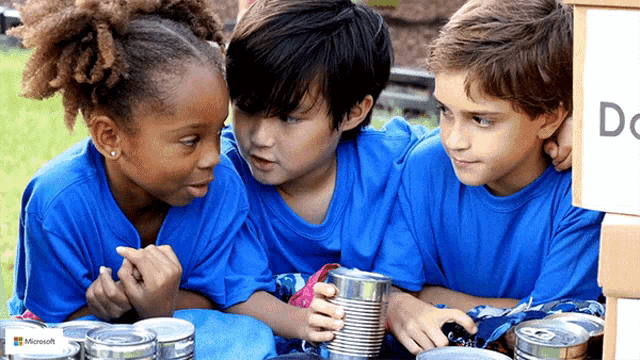One of the biggest struggles as a parent is seeing your child struggle to make friends or fit in when it comes to different social situations. There are many different ways that you can help support your child when it comes to their social skills such as showing them how to ask the right questions, follow their interests and even role play with them. The key is to help them build their confidence so they are able to work on their social skills in real life situations. Here is some advice from a private school in Kingston upon Thames on supporting your child with their social skills.

Help them to follow their interests. Learning how to be around other people will come naturally when your child is in an environment where they enjoy doing something. This could be participating in a new sport, playing a new instrument or being part of a club of an activity that they are interested in. This is one of the first steps to building good social skills.
Being around like-minded people will make your child feel at ease, therefore leading to them feeling comfortable enough to start a conversation with others around them. Teach them how to ask the right questions. Sometimes when children get nervous, they hide in their shell and forget how to communicate in social situations. The best way to find out about others and build on social skills is by asking questions that can’t be answered with just a yes or no. Encourage your child to speak up even if they feel like that question or answer may seem out of place. One of the reasons children are quiet in a classroom is because they lack the confidence to speak their mind.
Practise role-playing with them. Have your child pretend to be the person that they struggle to speak to whilst you pretend to be them. This will give you an idea of how they perceive the other person and what it is that they struggle to communicate. Then switch the roles and see how your child responds. Suggest ways that your child can communicate more effectively with this individual. Don’t forget to teach them positive and confident body language such as smiling and eye contact whilst advising your child how to work on their social skills.

Know your child’s limits. Some children are naturally quite shy and introverted which means that they will struggle in larger settings. Accept if your child is only happy to socialise and be around others for a short amount of time as this may change as they grow older.

Leave a Reply